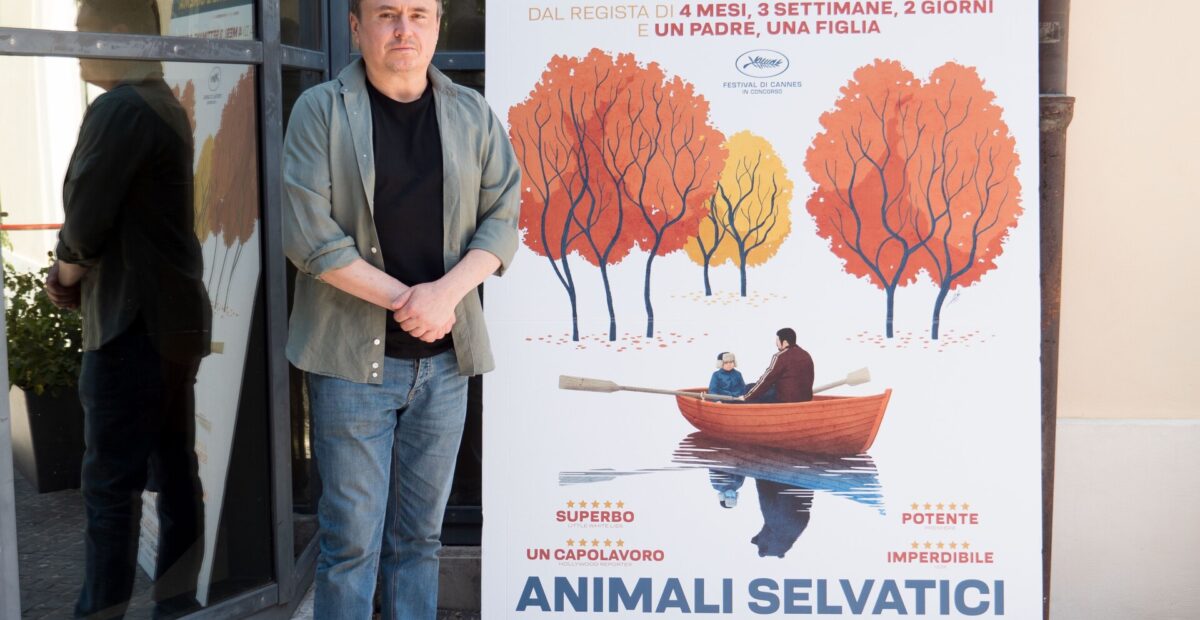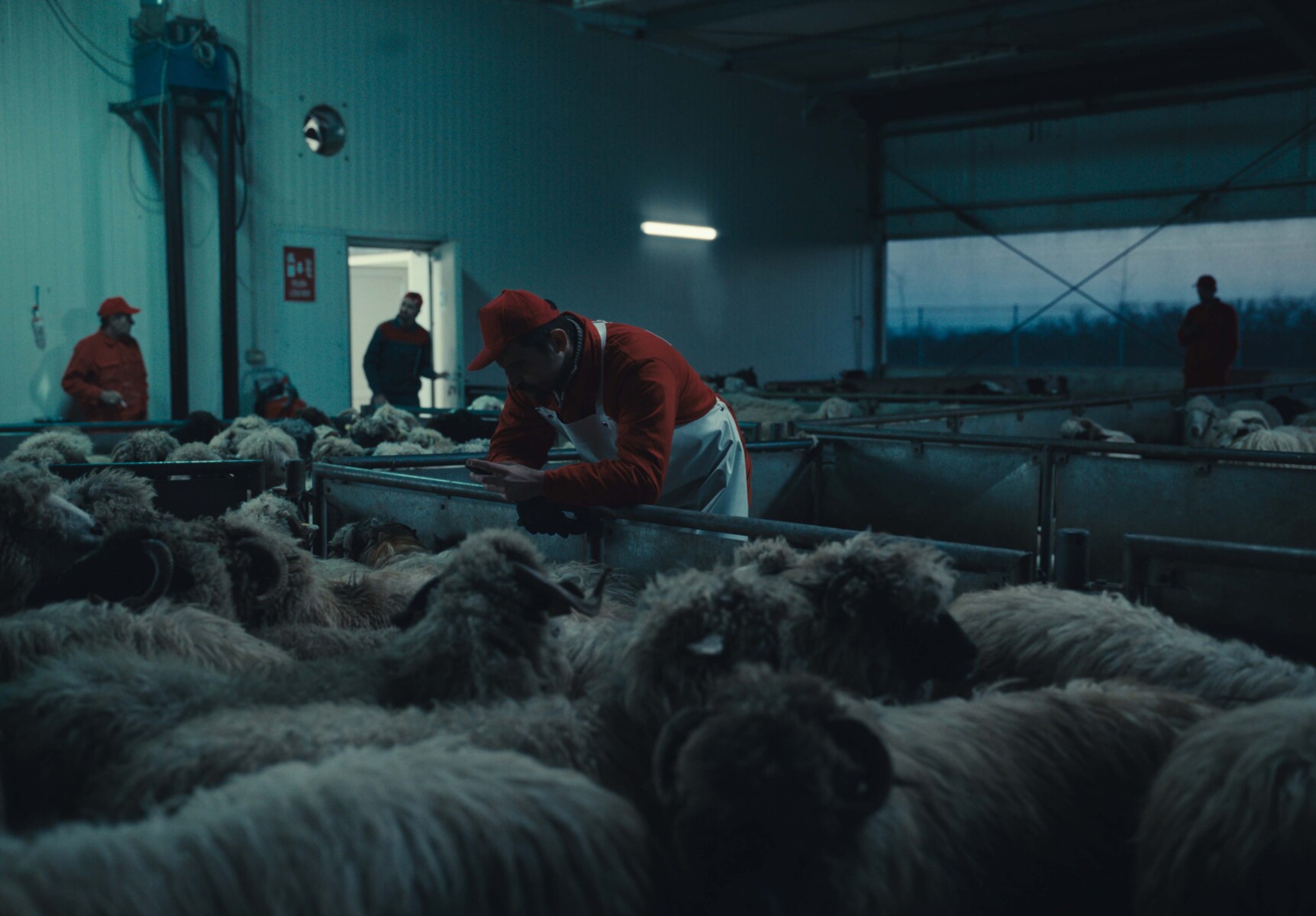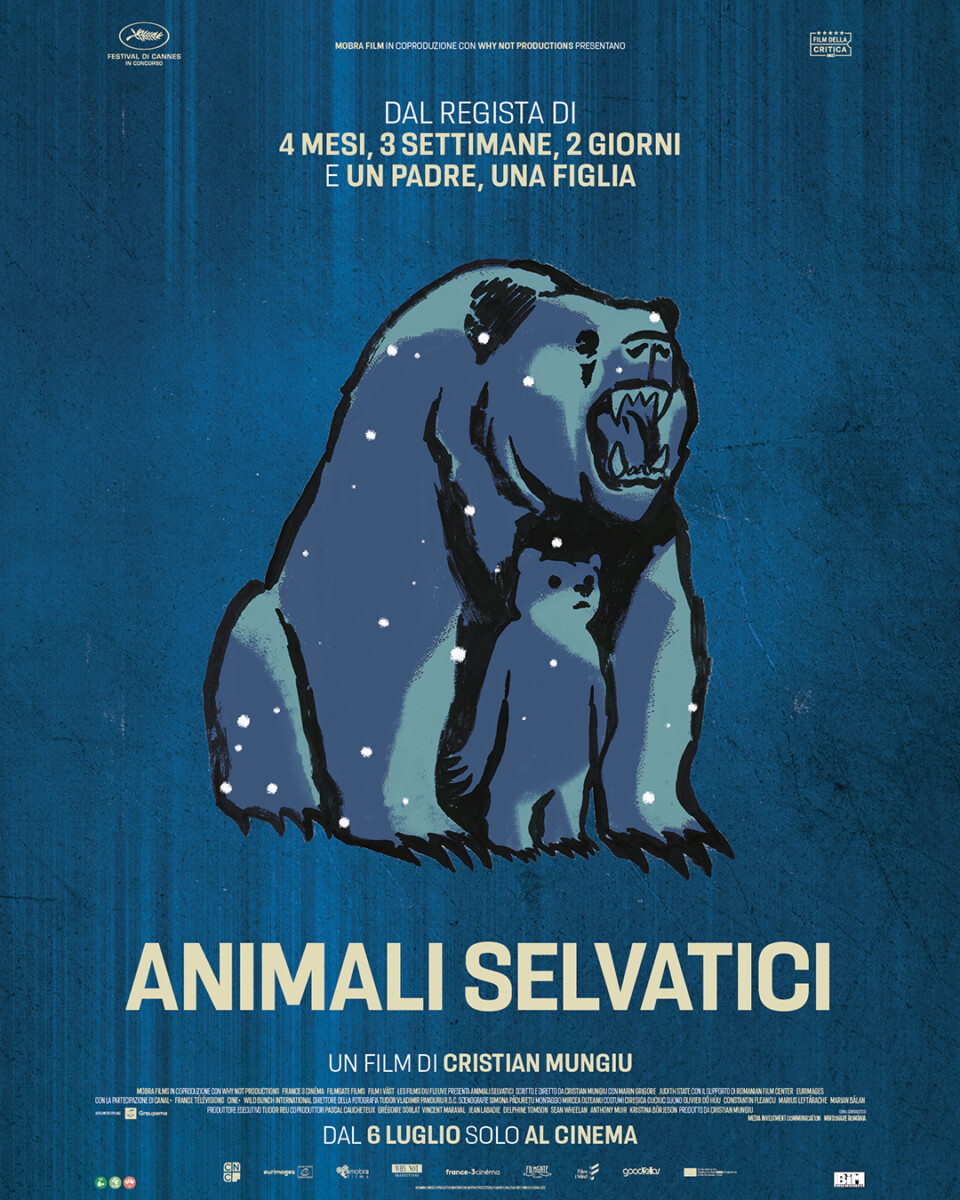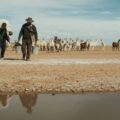
Watch
Empathy and fear, the present and human nature: interview with director Cristian Mungiu | Part 1

“R.M.N” (“Wild Animals”), his last film, is set in a small country of Transylvania, where the balance of the local community (made up of different ethnic groups) is put to the test by the arrival of some Sri-Lankan workers. The film reflects on the present and the on the human nature, problematically touching on the themes of the other, of encounter, of violence and love, of acceptance. We talked about all of this with director Cristian Mungiu, winner of the Palme d’Or at Cannes (2007) with ‘4 Months, 3 Weeks, 2 Days’, and Best Director, also at Cannes (2016), with ‘A Father, a daughter’. Here is the first part of the interview (click here to read the second part):
Your film is set in a land, Romania, which is familiar with the emigration and working abroad theme. More precisely in a village of Transylvania where three foreigners from Sri Lanka arrive to regularly work in a village bakery. However, at their arrival the villagers (most of them Hungarians) give way to a protest that results in the violence against the foreigner. Although those protesting appear to be a minority in the space they inhabit, they seem to have no memory of the emigration and are unable to put themselves in the other person’s shoes. Could the lack of empathy – one of the evils of our times – be the theme or one of the themes of your film?
Indeed, this impossibility of identifying with a well-known situation is what seemed to be odd from the beginning in this particular story (while, unfortunately, xenophobia is no longer ‘news’ nowadays). Given that these people (of the real situation) belonged to a minority, somehow you would expect more compassion and empathy from their side – but they rejected the foreigners as much as the majoritarian population would do. Why? First, because we, as people, don’t seem to be as rational and reasonable as we claim to be – we are born selfish and ideally we’d like the best of all possible situations – in this circumstance, to be treated as equals when we go more to the west but to have the freedom to oppose foreigners, when even poorer people from the east come over to our part of the world. Secondly, because the reflex of the minority is to defend its identity (not in front of the foreigners but of the majority) Still, subsequently, their reflex became to reject all foreign elements from exterior trying to penetrate their community. What was sad is that the Romanian population showed as much hatred and intolerance on the situation – against the Hungarians. Unfortunately, empathy is apparently not something that we are born with. While the instinct of survival exists in our DNA and makes us see the other as rather a potential enemy, empathy is generated only through education and rather in communities that have reached a certain level of wealth.

This film originates from a news story that took place in 2020, namely the protest against the Sri Lankan workers, but narrates of something far greater: the fear of the foreigner, the difficulty in recognizing him as a person identical to us, the danger of being a closed community. The space of the film is confined, the village surrounded by a forest inhabited by wild animals, but perhaps represents a larger space: Europe, the whole world, our interiority. How much did you want to talk about our continent and of something even wider and deep with R.M.N?
Situations need to be placed somewhere and mine are placed in Romania since I can observe all details naturally – but finally mt films are not just about Romania and Romanians but about people in general, about human nature and the state of the world – somehow shattered lately because of the rhythm of the changes brought by globalization and also because of the anxiety generated by the fear of the rather imminent degradation of the world as we know it – as it feels that we became too many for the limited resources still available. Iti s easier sometimes for audiences to consider that unpleasant attitudes described in films only happen in the country mentioned in the film but if we’re a bit honest to ourselves, situations like this one described in RMN happen everywhere – and are being instrumentalized by manipulative parties wishing to get to power exploiting ignorance, fear and selfishness.
The character of Csilla seems the most positive one in the film. She is the co – owner of the bakery and decides to hire the Sri Lankan workers. And while it’s true that this choice is stems from economic motives (the European funds) a human sentiment towards them seems to grow in Csilla. She manages to give way to a dialogue with them and takes them home when they receive threats. There’s a sequence, at dinner, in which they play together with glasses. It is a very beautiful passage, that I think speaks of fraternity, of human beings using the common language of art and love together. Do you agree?
Indeed, she is the most ‘progressist’ character of the film, sharing a lot of the tastes and views of her generation, popularized via internet during the globalization process – but all the characters in the film are ambiguous – as they are in life. She is capable of more empathy, and, because of her position, she is forced to communicate more with the foreigners and while doing so, one may discover that they are not so different than you – you start seeing them as people, with families, problems, tastes, opinions that might not be so different than yours. Still, generally speaking, our will to enter a real dialogue with people very different from us is scarce – we rather prefer to judge based on stereotypes and simplifications. Education, but also art, culture, may sometimes bring people together and stimulate them to fight against their deep instincts, fears, and violent nature.







